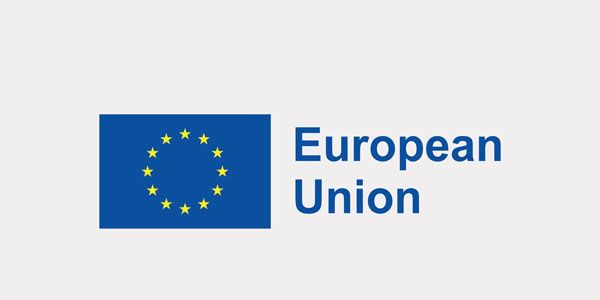The Issue
The COVID-19 global pandemic impacted heavily on the livelihoods of rural Cambodian communities. Market access for agricultural produce and local income was reduced. There was disruption in the agricultural supply chains, which affected access to food. In addition, the closure of workplaces led to job loss and reduced opportunities for migration.
The Project
The RECOVER project strengthened employment opportunities through decent local employment or formal migration by providing vocational training, networking, and support for agro-processing graduates to ensure employability and access to finance. In addition, to strengthen local and national value chains of horticulture and poultry, RECOVER initiated contract farming, market-based production, and reduced operation costs through modern technologies.
The Change
The RECOVER project contributed to inclusive economic recovery and food security in the Tonle Sap region by improving income and employment opportunities for fishing and farming communities and returnee labour migrants by leveraging existing relationships with private sector and local civil society partners to further strengthen value chains by linking producers, processors and buyers.

The Results
The project was highly relevant to the local context, addressing immediate economic disruptions and long-term sustainability needs in rural communities. The choice of sectors (horticulture, poultry, and agro-processing) effectively met the livelihood needs of the target populations. The project aligned well with other regional initiatives and policies, adding value to existing agricultural practices without causing significant overlaps or conflicts. It was effective in enhancing agricultural practices and income levels. Significant positive impacts were observed in household incomes and food security.
Our Work
DCA promotes sustainable livelihoods for smallholder farmers and supports increased agricultural production and income by introducing innovative drought-resistant agricultural technologies and agro-ecology, with ecological principles in designing and managing farm systems to minimize external/artificial inputs. Agro-ecology also shortens the food chain and empowers smallholder farmers to strengthen their relationships with consumers, promoting the resilience of our food system, also in regards to the COVID-19 pandemic.
About the project
Full title: Rural Employment for Covid-19 Economic Recovery
Project Period: January 2021 to December 2023
Partners: DCA has worked with a wide range of local and international partners on the project:
Voluntary Service Overseas (VSO)
People in Need (PIN)
Cambodian Institute for Research and Development (CIRD)
Farmer and Nature Net (FNN)
Khmer Organic Cooperative (KOC)
Development and Partnership in Action (DPA)
Center for Alliance of Labor and Human Rights (CENTRAL)
Project funding: EUR 4,500,000
People reached: 25,553 small holder farmers and fishers. 26,534 returning migrants. 68 agricultural cooperatives. 294 producer groups. 1,614 TVET trainees and trainers. 4 TVET institutions. 83 private sector agro-business actors.
Main Donor: The European Union


